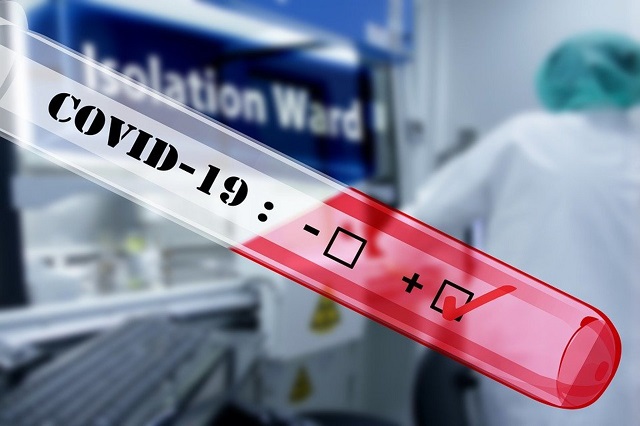
Kampala, Uganda | THE INDEPENDENT | International NGO AMREF Health Africa is warning people against unnecessary expenditure and stopping capital expenditure in addition to asset investments saying the disruption caused by the outbreak of coronavirus across the globe will take months before lives get back to normal.
Dr Githinji Gitahi, the CEO of AMREF Health Africa said in a statement issued on Friday that the disease is likely to peak in May and June with thousands getting infected.
“If you had planned to start a new project rethink those plans unless they are directly responding or beneficial to the COVID -19 response”, referring to the situation as a marathon which is likely to take months of public health measures of physical distancing with banned gatherings.
“My conservative guess is 4–5 months from now,” he said.
Yesterday while giving an update on the outbreak in Uganda, Health Minister Dr Jane Ruth Aceng reiterated on the same saying that Uganda will have 18,878 positive cases and over 500 people dead by the end of April, if stringent measures of lockdown and social distancing are not strictly followed.
In order not to suffer from disastrous effects out of this and the lockdown that he predicts might be longer than the 14 days that have been directed by the President, Julius Mukunda, the Executive Director of the Civil Society Budget Advocacy Group (CSBAG) says that the government should come up with stringent measures to cushion citizens to be able to access essential commodities without straining.
“They should penalize dishonest traders who have increased prices abnormally. We propose that the President issues a directive for the Directorate of Economic Monitoring to do surveillance on traders who have abnormally increased prices of essential commodities such as sugar, salt, paraffin, cooking oil, washing soap, medical supplies that are largely depended on by people in these times”, he said “
However, the president has in his previous addresses warned that such traders will have their licenses withdrawn, something that hasn’t yet happened. For salt, for instance, a mini-survey by the Uganda Radio Network shows that a 500-gram packet that normally went for about 700 Shillings now goes for between 1,200 Shillings and 2,000 Shillings.
To be able to guarantee that people will have essentials like food in future as the pandemic continues, Mukunda says the government should in a short term regulate the volume of food exports to the region even as the country is the only net exporter of food products to the neighbours.
If exportation continues he warns demand for food from neighbouring countries, who might even offer better prices to our farmers will increase and in end, Uganda might suffer from food insecurity, disruptions in purchasing power, poor nutrition of Ugandans and rise in food inflation.
By today, people testing positive for the virus globally had risen to 1,030,251 with Uganda contributing 45 cases to them.
******
URN
 The Independent Uganda: You get the Truth we Pay the Price
The Independent Uganda: You get the Truth we Pay the Price





